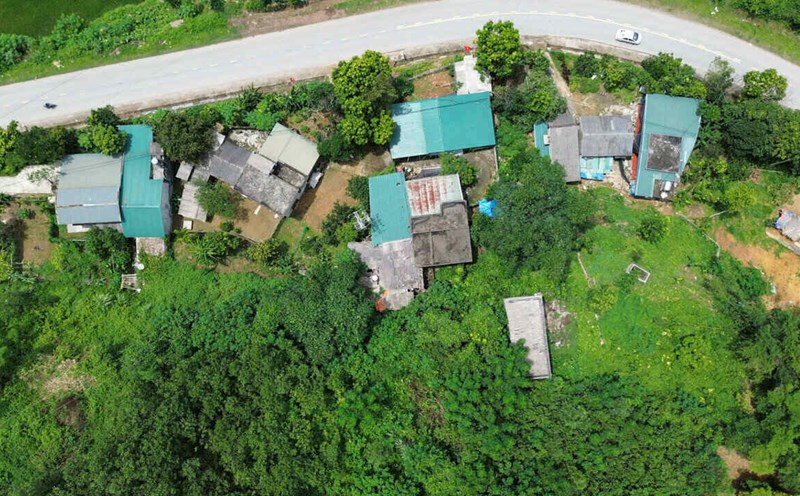A 20-year-old man in Hanoi was saved spectacularly by doctors at the Eighth Hospital after a sudden cardiac arrest while exercising at the gym. Thanks to the timely activation of the "red alert" process of the whole hospital and the application of the commanded hypothermia technique, the patient escaped the Incestuous decline in death.
On August 4, information from E Hospital said that at noon on July 29, 2025, while exercising at the gym, the young man suddenly collapsed and lost consciousness. The gym staff immediately performed a cardiac arrest and called 115 for emergency care. After 15 minutes, the emergency team arrived, continued to revive the cardiopulmonary and had 3 electrical shocks, the patient's heart beat again. The patient was admitted to the Emergency Department, Hospital E at 2:50 p.m. the same day in a deep coma, with extended anora.
Receiving notification from the 115 emergency room, E Hospital activated the "red alert" process to mobilize a series of doctors from emergency, resuscitation, cardiovascular specialties... to be ready to receive patients. At the Department of Internal Medicine and Anti-Poison Intensive Care, the patient was placed in the endotracheal, mechanical ventilation, sedation, anti-encephalytic edema and applied anti-corps thermology techniques - an intensive measure to protect the brain after stopping circulation.
Doctor Nguyen Thi Ly - the person directly treating the patient - shared: "The patient has a very serious prognosis, but thanks to early emergency care at the scene, proper application of treatment procedures, especially hypothermia techniques, after 3 days, the patient had positive progress, removed the endotracheal tube, breathed on his own and gradually recovered his perception".
According to Dr. Ly, the body-reducing technique helps reduce cell metabolism, protecting nerve cells from damage after cardiac arrest, but only achieves optimal results if promptly treated at the scene.
Regarding the cause of cardiac arrest, Dr. Vu Van Ba - Department of adults' cardiovascular diseases, Cardiovascular Center, Hospital E - determined that there is a high possibility that the patient will have arrhythmia, a dangerous form of arrhythmia in young people, without obvious signs of heart disease. The doctor added that potentially dangerous diseases such as Brugada syndrome, longevity, premature return to the cucum... are often related to genetic factors and can only be detected through cardiovascular screening.
It is expected that before being discharged from the hospital, the patient will be planted with an automatic vibration deformer (ICD) to prevent the risk of sudden death and recurrence.
Through this case, doctors recommend: Heart failure can occur at any time, even in young, healthy people. Exercising needs to be suitable for your physical condition, avoid overexertion. When there are signs of prolonged chest pain and shortness of breath, it is necessary to go to a medical facility early for a cardiovascular check-up to avoid unfortunate consequences.











